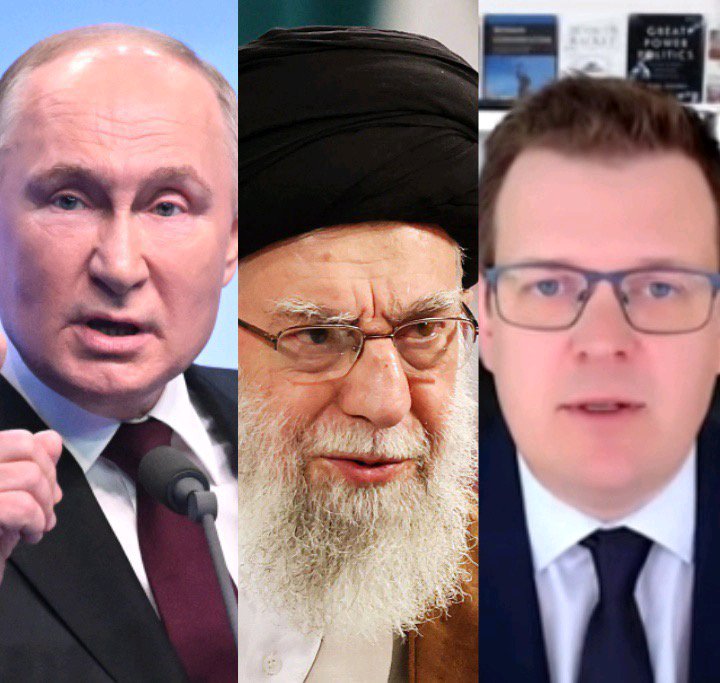The recent U.S. airstrikes targeting Iran’s critical nuclear facilities have sent shockwaves through the international community, prompting urgent discussions about the rising threat of a full-scale regional conflict. While the immediate aftermath of the strikes has not yet led to open war, the implications are grave. Analysts are increasingly concerned that any further escalation could ignite a conflict with far-reaching consequences—economically, politically, and militarily.
On Firstpost, Glenn Diesen, a prominent international affairs expert and professor of political science, provided an in-depth analysis of the complex dynamics at play. His remarks captured the sobering reality facing Iran and the broader geopolitical environment surrounding the crisis.
Diesen emphasized that Iran is now caught in a perilous strategic bind. The devastating U.S. strikes on nuclear sites such as Fordow and Natanz have not only inflicted significant damage on Iran’s nuclear infrastructure but also raised serious questions about Tehran’s next move. “Iran is under tremendous pressure,” Diesen noted. “On one hand, the leadership feels compelled to respond in order to uphold national honor and deterrence. On the other, any aggressive retaliation risks triggering an overwhelming American military response.”
This strategic dilemma is intensified by Iran’s delicate relationships with key global powers, notably China and Russia. While both countries have historically opposed U.S. military intervention and have supported Iran diplomatically and economically, they remain cautious about being drawn into a direct confrontation with Washington. Diesen explained that Tehran must weigh its options carefully, as an aggressive response could strain or complicate these crucial alliances.
“Let’s be honest—nobody wants a war with the United States. It is a military superpower with global reach,” Diesen said, underscoring the power disparity that shapes Iran’s choices. The United States, with its vast arsenal, global alliances, and unmatched intelligence-gathering capabilities, could bring devastating force to bear if provoked.
Diesen also addressed the broader implications of the conflict, particularly the risk it poses to global energy security. With tensions rising, fears are mounting that Iran might resort to asymmetrical warfare, including the disruption of maritime trade through the Strait of Hormuz—a narrow but vital waterway through which roughly one-fifth of the world’s oil supply passes. “The Strait of Hormuz is a potential flashpoint,” Diesen warned. “If Iran decides to block or disrupt shipping, it could send global energy markets into turmoil and invite even greater international intervention.”
Despite its isolation on the battlefield, Iran continues to enjoy diplomatic backing in broader geopolitical forums. Countries like Russia and China may offer support through arms sales, intelligence sharing, or votes in the UN Security Council—but neither has shown an appetite for direct military engagement on Iran’s behalf. This leaves Iran with limited options and makes strategic restraint all the more vital.
Diesen’s assessment points to a critical truth: the space for diplomacy is shrinking, and the world is increasingly operating in a zone of high risk. With emotions running high and national pride at stake, even a miscalculation or provocation could trigger a chain of events that spirals beyond control.
As the international community watches nervously, the hope remains that wisdom and strategic caution will prevail over bravado and revenge. Diesen concluded that the situation requires not just restraint from Iran, but also responsibility from the United States and its allies. “The consequences of missteps are too great—not just for the region, but for the entire world,” he said.
Love Reading Authentic News Stories, Click The Button Below

